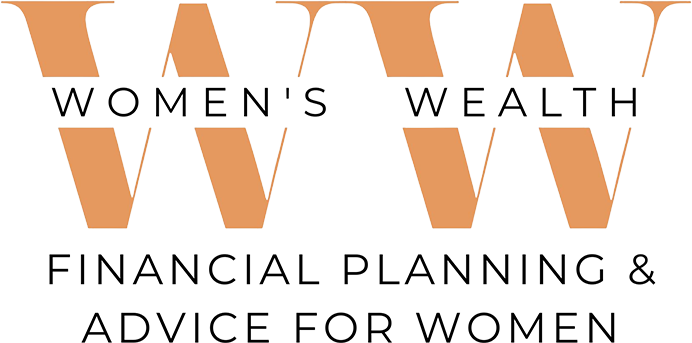Did you know that having a mortgage means you have a geared investment? If you have £100,000 pounds to put down as a deposit to buy a house and you borrow the other £100,000 to acquire a £200,000 property you have a geared investment.
If the property goes up by 20% over 5 years your house will be worth £240,000.
You will have had to pay mortgage interest over the 5 years which eats into your profit a bit. Let’s say 2.5% a year costing £12,500 in interest over 5 years. Still a healthy profit.
The figures below are a simplified example of the effects of gearing; there are other costs in acquiring/disposing of property and arranging/redeeming mortgages that have been ignored for the sake of this example. The growth/fall rate is not intended as a forecast of potential property price fluctuations.
20% Gain over 5 years
Profit £27,500
Home Value – £240,000
Mortgage – £100,000
Mortgage Interest Over 5 Years – £12,500
Proceeds of Sale of House – £127,500
Return On Original £100,00 Invested
27.5%
20% Loss over 5 years
Loss £52,500
Home Value – £160,000
Mortgage – £100,000
Mortgage Interest Over 5 Years – £12,500
Proceeds of Sale of House – £47,500
Return On Original £100,00 Invested
-52.5%
We are regularly asked if buying a house is a good investment, but usually people are not actually talking about buying a property outright (i.e. without a mortgage). Instead, they intend to use some of their capital as a deposit and gearing up with a loan. This makes answering their question a little more complex.
If you come to us with £100,000 to invest with a view to growing it over the next 5 years, we will not immediately say let’s borrow another £100,000 and stick the whole £200,000 into a single investment! This would be wholly unsuitable to most of the investors we meet and yet many people are willing to borrow to achieve a property purchase.
There are a couple of other really important considerations when buying any investment.
- Diversification (spread your risk – avoid having all your eggs in one basket)
- Liquidity (how quickly/easily can I turn my investment back into spendable cash)
Buying a house as an investment is neither diversified or liquid. In the scenarios above the investor would own one property and it could take months to turn it back into cash if needed.
It may sound as though I am anti-property as an investment and that is not the impression I wish to give. It is hard to lose money on owning a property in this country over the long term. It is, however, expensive and long-winded to buy and sell property. You end up with a very focused investment rather than a good spread and if you borrow in order to make it possible you are gearing and increasing the risk substantially.
There are ways to enjoy the profits from property in collective investments where your money is pooled with that of other investors. The fund owns a portfolio of many properties spread out across the country and if you needed to get some or all your money back out there is no need to involve estate agents or solicitors – you just cash in your units. Additionally, recent changes to the taxation of investment properties, including higher Stamp Duty Land Tax rates and higher rates of Capital Gains Tax, makes Buy-To-Let property a less attractive alternative to a more diversified portfolio of investment funds.
UK property is a great asset to have in a diversified portfolio, but this is very different to us advising any investor to gear up to buy an investment property.
